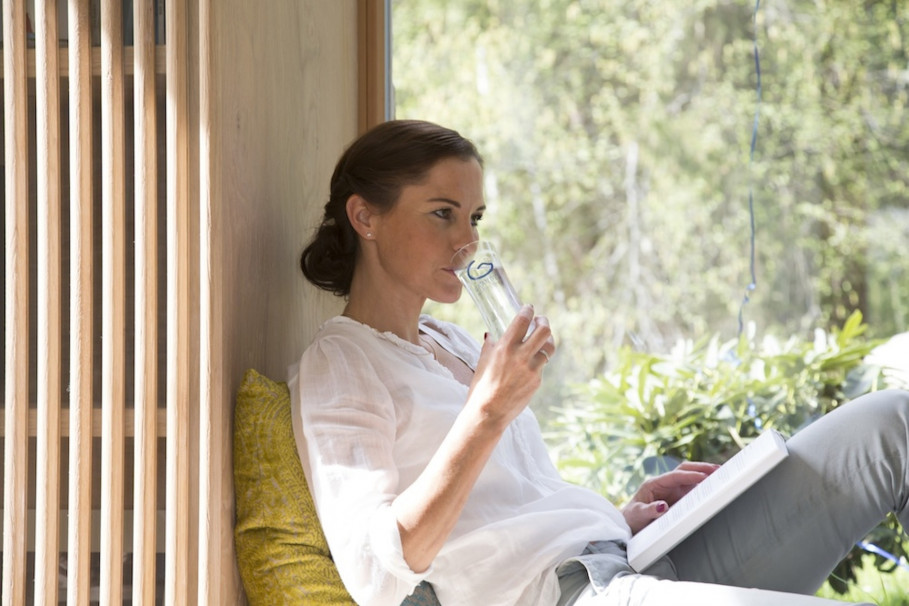Protection of the heating system and a cozy warmth
GRANDER works "naturally"
In heating circuits, water finds very difficult and unnatural conditions. Rust formation is one of the most important problems in the heating circuit. Oftentimes, the oxygen-rich heating water has a corrosive effect on heating pipes, boilers and fittings. The consequences are pitting, leakage and lining formation. The heating water itself becomes brown or black, and bad-smelling. Lime scale deposits lead to a reduction of heat transfer.
Even a millimeter of lime scale on the heat exchanger increases the energy consumption of approx.. 6%.
Gasing due to temperature rise, biofilm formation and oxygen input are responsible for disturbing noise in the heating pipes. Fittings are water tight, but not gas tight. Biofilm and mud formation consists of a thin layer of mucus, in which bacteria, fungi, algae and contaminants are embedded. In under floor heating, they lead mainly to an increase of the heating pipes.
The poor water quality in the heaters has not only a negative influence on the technology, but also on the living climate in heated rooms. The heat is often perceived as dull and not pleasant.
The GRANDER water revitalization gives the heating water back its strength, liveliness and self-cleaning power. This leads to the fact that the contaminated and bad-smelling heating water is clear and largely odorless within a few months due to the recovered self-cleaning power. Linked to this is an economic benefit and noticeably positive changes in the personal living area.
GRANDER effect: nowhere is it as clearly visible as in the heating water.
GRANDER devices operate without electricity and without chemicals.
clean and odorless heating water
decrease in sludge tendency due to a significant reduction in biofilm formation
reduction of microbial contamination
reduction or stabilization of the corrosivity
reduction of the tendency to deposit
heating pipes, radiators, floor and wall heaters are free again and again
reduction of gas emissions due to reduced gas formation
GRANDER pays off from the first hour
Energy saving
increased operational safety
optimization of operating parameters
improvement of the efficiency
increased protection of the system in relation to technical problems
optimization of ongoing operating and maintenance costs

